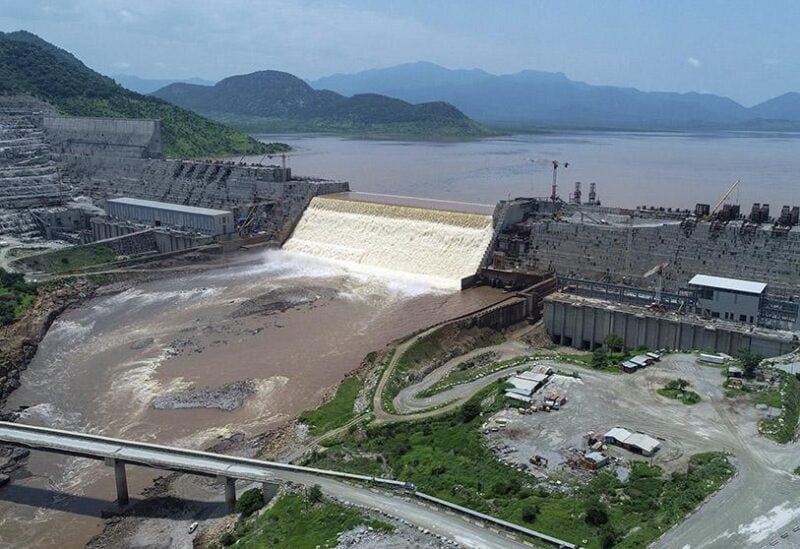
The Nile dam
Sudan has formally asked the United Nations, the United States, the European Union and the African Union to form a quartet to mediate in negotiations with Ethiopia and Egypt over the filling and operation of a disputed Nile dam being built by Addis Ababa.
Sudan first suggested the creation of the quartet earlier this month as a way to break the deadlock in the drawn-out negotiations. Egypt, Sudan’s ally to the north and a fellow downstream nation, supported Sudan’s proposal, but Ethiopia rejected it, saying it wanted an African solution for an African problem.
Prime Minister Abdalla Hamdok wrote to the four members of the proposed quartet at the weekend, saying their participation will provide the “required guarantee to build confidence” and enhance the expertise available on the negotiating table on rules governing transnational rivers, a Sudanese Foreign Ministry statement late on Monday said
It said the quartet is meant to bolster and not be a substitute for the African Union as the lead sponsor of the negotiations with the Democratic Republic of Congo, the current AU chairman, taking the lead.
Years of negotiations between the three Nile basin nations over the massive hydroelectric dam broke down late last year, with Ethiopia refusing to enter a legally-binding agreement on mechanisms dealing with persistent drought and future disputes. It insists that guidelines should be enough.
Ethiopia is home to the source of the Blue Nile, which accounts for more than 80 per cent of the Nile’s waters.
That proximity has been a source of alarm to Sudan, which demands that Addis Ababa shares data on the GERD’s operation to avoid possible flooding in its eastern region and the disruption of its own power-generating dams on the Blue Nile.
Egypt maintains that the dam would cause a deep cut in its life-and-death share of the Nile waters, a prospect that could wipe out hundreds of thousands of jobs and disrupt its delicate balance of food supply for its 100 million people.
Egypt, which depends on the Nile for more than 90 per cent of its water needs, has said the GERD posed an existential threat.
The African Union has, over the past year, been the sole sponsor of the negotiations, but has failed to narrow the gap between Egypt and Sudan on one side and Ethiopia on the other.
Before that, the United States sponsored the negotiations, hammering out a deal last year that Egypt accepted but Ethiopia refused to sign at the last minute. It accused the United States of bias in favour of the Egyptians.
Sudan, whose position on the GERD was perceived to be pro-Ethiopia at the time, also refused to sign.
EU, US and World bank representatives have been involved in the negotiations since then but only in an observers’ capacity. If adopted, the latest Sudanese move will bring in UN officials for the first time into the negotiation.